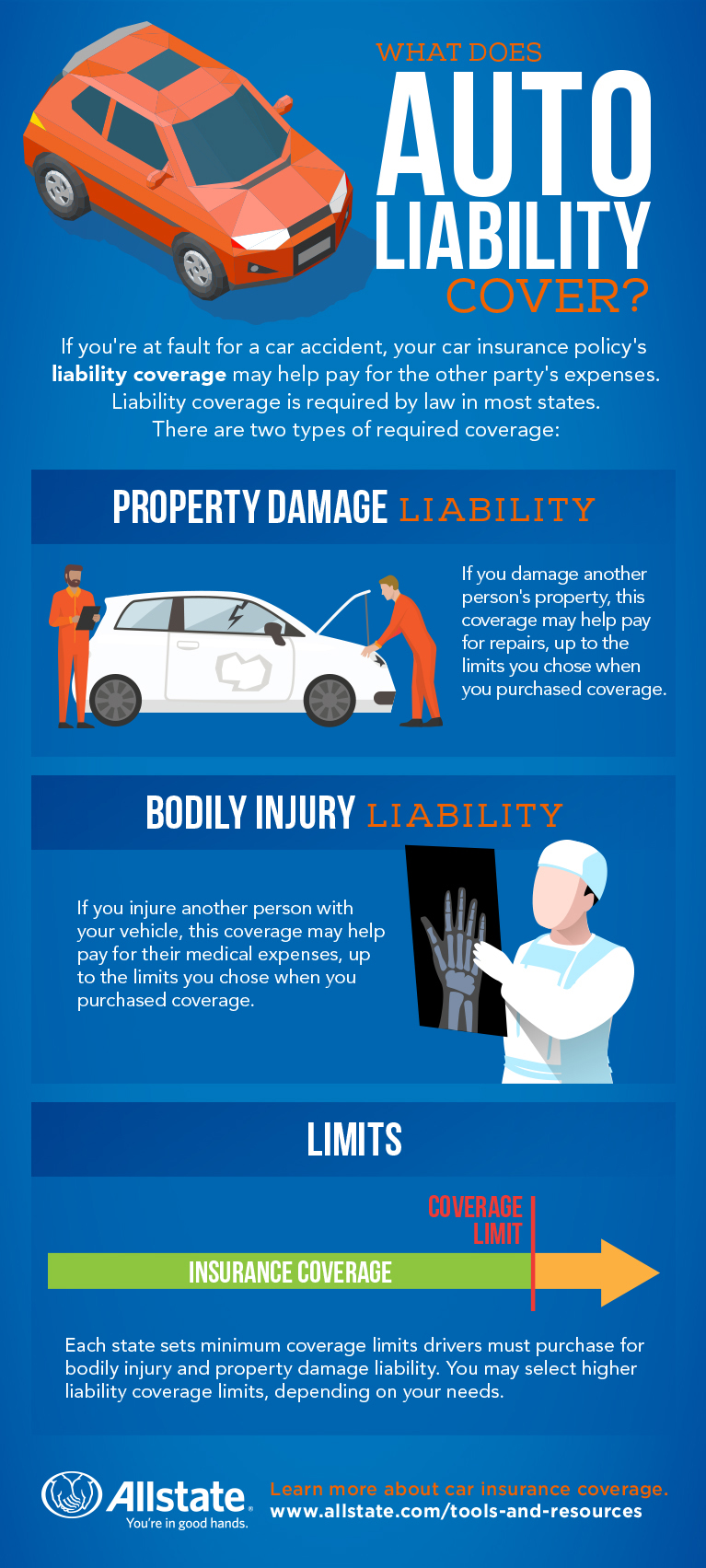Liability Insurance 101: What It Is, How It Works, and Why You Need It

When it comes to navigating the complexities of insurance, it’s easy to get overwhelmed by the multitude of options and technical jargon. But understanding liability insurance is a crucial step in protecting yourself and your assets from financial ruin. In simple terms, liability insurance is designed to shield you from financial responsibility if you’re found liable for causing harm to someone else or their property.
Let’s break it down:
What is Liability Insurance?
Liability insurance is a type of insurance that provides protection against financial losses resulting from injuries, accidents, or property damage to others. It’s a safety net that helps you cover the costs of damages, medical expenses, and even lawsuits, up to your policy’s limits. Think of it as a protective umbrella that shields your assets and savings from the unexpected.
Types of Liability Insurance
Liability insurance comes in various forms, catering to different needs and professions. Some common types include:
- Personal Liability Insurance: Often included in homeowners and renters insurance policies, this type of coverage protects individuals from financial losses resulting from bodily injury or property damage to others.
- Professional Liability Insurance (Errors and Omissions Insurance): Designed for professionals like doctors, lawyers, and accountants, this type of insurance protects against claims of negligence or misconduct.
- Commercial Liability Insurance: Businesses and organizations can opt for this type of coverage to safeguard against financial losses resulting from customer injuries, product liability, or professional errors.
How Liability Insurance Works
When you’re involved in an incident that results in injury or property damage, your liability insurance policy kicks in to help cover the costs. Here’s a step-by-step explanation:
- The Incident: You’re involved in a car accident, trip and fall, or another mishap that causes harm to someone else or their property.
- The Claim: The injured party (or their insurance company) submits a claim to your insurance provider.
- The Investigation: Your insurance company investigates the incident to determine fault and assess the extent of damages.
- The Payout: Your insurance provider pays out up to your policy’s limits to cover the costs of damages, medical expenses, and other expenses related to the incident.
Why You Need Liability Insurance
Investing in liability insurance may seem like a frivolous expense, but it can be a lifesaver in the face of disaster. Here are some compelling reasons to consider liability insurance:
- Protection of Assets: Liability insurance safeguards your savings, property, and investments from financial ruin in the event of a costly lawsuit or settlement.
- Reduced Stress: Knowing you have liability insurance coverage provides peace of mind and reassurance, especially in the face of uncertainty or unexpected events.
- Professional Security: For professionals and business owners, liability insurance is essential to maintain a good reputation, protect against financial losses, and ensure business continuity.
Get Covered
Understanding liability insurance is just the first step. When it comes to selecting a policy that’s right for you, it’s crucial to consult with a licensed insurance professional who can assess your needs, answer questions, and guide you towards the best coverage options.
In today’s unpredictable world, liability insurance is an essential safety net that provides protection, peace of mind, and financial security. By grasping the basics of liability insurance, you’ll be empowered to make informed decisions and safeguard your future from the unexpected.




